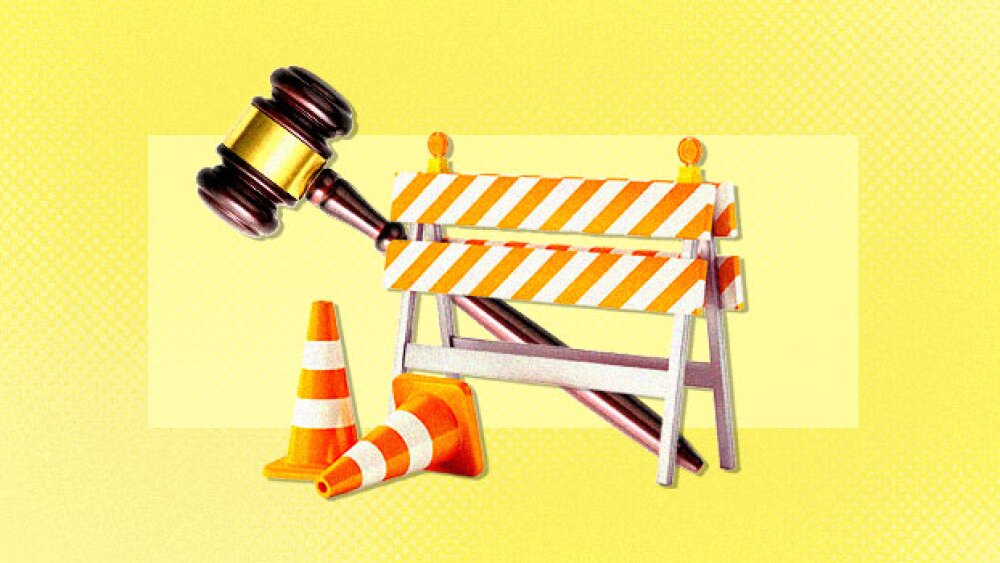The COVID-19 pandemic continues to create stress and anxiety for many Canadians, particularly those who do not have ready access to their regular support networks.
|
The COVID-19 pandemic continues to create stress and anxiety for many Canadians, particularly those who do not have ready access to their regular support networks. Through the Wellness Together Canada online portal, people of all ages across the country can access immediate, free and confidential mental health and substance use supports, 24 hours a day, seven days a week. |
OTTAWA, ON, July 6, 2021 /CNW/ - As people across Canada look for ways to stay cool and COVID-19 safe outdoors during the summer heat, some of us may be planning a day at the pool or at one of Canada's many beautiful beaches. Swimming is a great way to stay cool and by taking proper precautions, we can enjoy the water safely.
Water safety is particularly important with young children, as one of the leading causes of death in children ages 1 to 4 years is drowning. This is why it is so important to have an adult closely monitor children in and around water at all times, keeping them within arm's reach, even if they are using inflatable devices like water wings or neck rings. Parents and guardians are urged to consider enrolling children in swimming lessons, and to always choose a safe place to swim. That means finding a supervised beach or public swimming pool, and checking with your municipality for warnings about water pollution levels or strong undertow/currents. If you have a swimming pool at home, make sure it is fully fenced with a self-closing, self-latching gate. Keep lifesaving equipment and a first aid kit, along with emergency phone numbers, near the pool. And don't underestimate the importance of cleaning up after pool time: toys left in or around the pool can tempt children into risky situations.
Remember, drowning can happen quickly and quietly, even in just a few centimetres of water such as a shallow inflatable pool, so lock or restrict access to all water when an adult is not present. Drowning can happen to people of all ages. Think safety when around water of any kind.
As COVID-19 activity declines in Canada, we are continuing to track key epidemiological indicators to monitor trends and quickly detect emerging issues of concern, including to better understand the impact of circulating virus variants. The Public Health Agency of Canada is also providing regular updates on COVID-19 vaccines administered, vaccination coverage and ongoing monitoring of vaccine safety across the country. The following is the latest summary on national numbers and trends.
Since the start of the pandemic, there have been 1,417,639 cases of COVID-19 and 26,368 deaths reported in Canada; these cumulative numbers tell us about the overall burden of COVID-19 illness to date. Variants of concern (VOCs) represent the majority of recently reported COVID-19 cases across the country. While the Alpha variant continues to account for the majority of genetically sequenced variants in some areas of Canada, four VOCs (B.1.1.7 (Alpha), B.1.351 (Beta), P.1 (Gamma), and B.1.617.2 (Delta)) have been detected in most provinces and territories. The Delta variant continues to increase and now accounts for the majority of current COVID-19 cases in other areas, such as in Ontario. Nevertheless, we know that vaccination, in combination with public health and individual measures, are working to reduce spread of COVID-19.
The latest national-level data show a continued downward trend in disease activity with an average of 493 cases reported daily during the latest 7 day period (June 29-July 5), down 23% compared to the week prior. Likewise, the overall number of people experiencing severe and critical illness continues to decline. Provincial and territorial data indicate that an average of 800 people with COVID-19 were being treated in Canadian hospitals each day during the most recent 7-day period (June 29-July 5), which is 19% fewer than last week. This includes, on average 403 people who were being treated in intensive care units (ICU), 17% fewer than last week and an average of 15 deaths reported daily (June 29-July 5).
With the ongoing expansion of vaccine eligibility, the administration of first and second doses of COVID-19 vaccines is continuing across the country and there is increasing optimism that widespread, stronger and longer lasting immunity can be achieved by fully vaccinating a high proportion of Canadians. For more information regarding the risks and benefits of vaccination, I encourage Canadians to reach out to your local public health authorities, healthcare provider, or other trusted and credible sources, such as Canada.ca and Immunize.ca.
Canadians can access information on Canada.ca to understand the benefits of being vaccinated against COVID-19, as well as find guidance on life after vaccination. Free interactive risk assessment tools developed by Ryerson's National Institute on Aging and supported by the Government of Canada are also available. These resources aim to assist Canadians with informed decision making and understanding of COVID-wise precautions that lower COVID-19 risks according to personal and family health and vaccinations status, as well as different risk settings and activities. However, as jurisdictions begin to ease restrictions, risks and circumstances are not the same everywhere and following local public health advice continues to be important, regardless of your vaccination status.
While COVID-19 is still circulating in Canada and internationally, core public health measures and individual protective practices can help us to reduce the spread: stay home/self-isolate if you have symptoms; be aware of risks associated with different settings; avoid all non-essential travel; and maintain individual protective practices such as physical distancing and wearing a well-fitted and properly worn face mask, as appropriate.
Canadians can also go the extra mile by sharing credible information on COVID-19 risks and prevention practices and measures to reduce COVID-19 in communities. Read my backgrounder to access more COVID-19 Information and Resources on ways to reduce the risks and protect yourself and others, including information on COVID-19 vaccination.
SOURCE Public Health Agency of Canada




